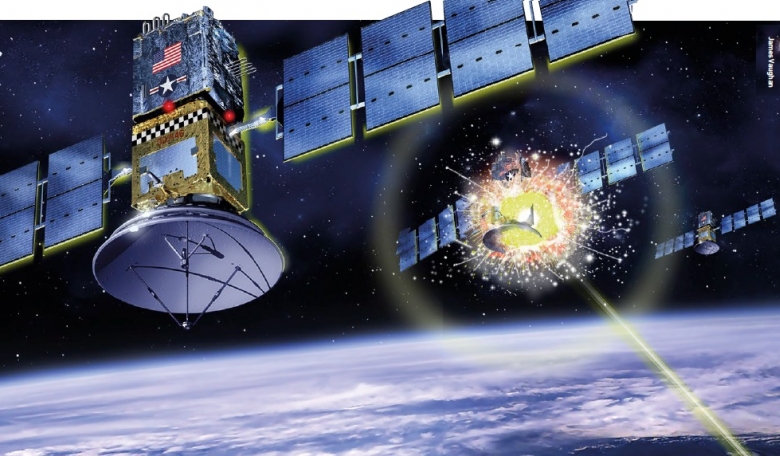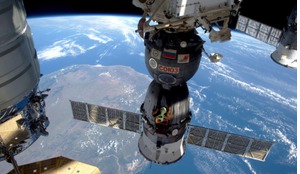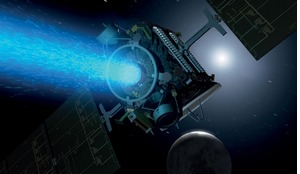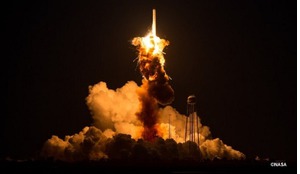Spacepower’s time has come. The deployment and use of machines in Earth orbit influences the conduct of modern warfare and perceptions of the balance of power in the international system. Earth orbit and deep space cannot be reduced to the simplistic ‘high ground’ of military strategy, as often described in public commentary on military space activities, yet the tactical military advantages of space infrastructure cannot be denied. Bleddyn Bowen provides an analysis of spacepower and international relations.
War in space is an integral part of modern warfare and will always be waged for political objectives, so there is no such thing as a ‘space war’ - there is only war. Because wars on Earth are not decided solely by what happens in space, and space may not necessarily be where a war begins, spacepower in Earth orbit is likely to continue to be subordinated in the strategic cultures and grand designs of Terran states. However, this does not mean that spacepower is unimportant.
Indeed, spacepower is an important and diverse source and manifestation of power in the international system. Previous assessments of spacepower have too simplistically accounted for space capabilities as either ‘military’ or ‘civilian’ satellites, but such a distinction is problematic as the exact capabilities derived from satellites are used for the ubiquitous objectives of war, development and prestige. Through the lens of spacepower, there is increasing justification to think in terms of multipolarity, or at the very least not in uni- or bi-polarity.
Scholars and practitioners in strategy and international relations must grapple with the notion that space has become an adjunct to the security and well-being of states. It may eventually become an environment worth controlling for its own sake but, in the meantime, the most useful and affordable space technologies will continue to spread, as more nations acquire a stake in spacepower.














